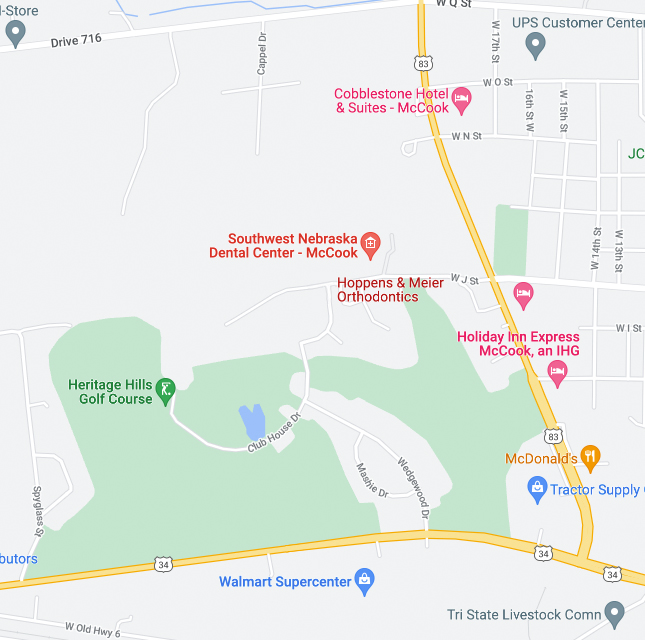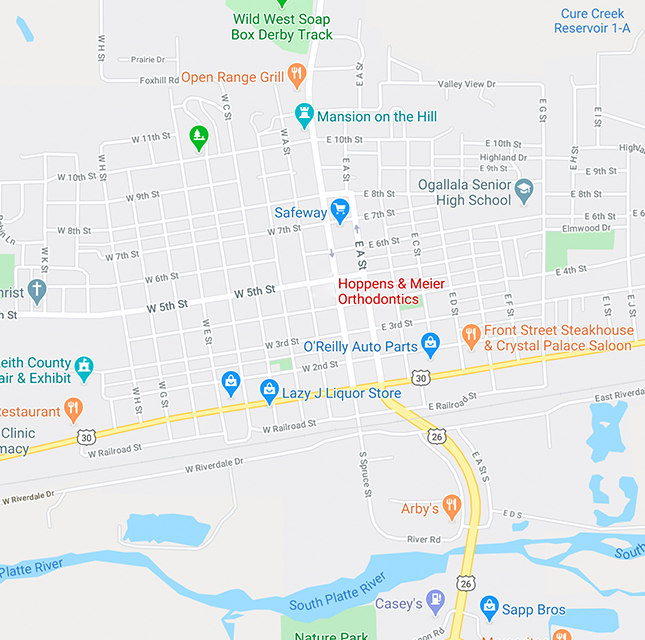February Is Children’s Dental Health Month
February 4th, 2026

It’s the littlest month of the year, so what better time to think about the dental health of our littlest family members? February is National Children’s Dental Health Month, and we’re here to suggest some of the best dental habits for healthy childhood smiles.
Babies
- Even before your baby cuts her first adorable tooth, you can start proactive dental care by gently wiping little gums with a clean, moist gauze pad or soft cloth twice a day. This removes bacteria and food particles and helps prepare your baby for brushing.
- When that first tooth does appear, or by age one if it hasn’t yet erupted, it’s time to schedule a visit to the dentist. At this first visit, your child’s dentist will check jaw and tooth development and can give expert guidance on teething, brushing, how much and which kind of toothpaste to use, and topics like thumb-sucking and pacifier use.
- When baby teeth arrive, use a small soft-bristled toothbrush designed to fit comfortably in tiny mouths.
- Use toothpaste as recommended. Children under the age of three who use paste should use a very small amount, no larger than a grain of rice.
- Prevent “baby bottle tooth decay”—don’t put your baby to bed with a bottle. This allows the sugars in formula or, when your child is 12 months or older, milk, to bathe the teeth throughout the night. And babies and toddlers never need sugary juices or sodas in those bottles!
Toddlers
- Help your child develop a positive relationship with his dental team. Read books or watch videos to help your child learn what to expect. Practice with him by having him open his mouth while you count his teeth. Plan visits when your child isn’t hungry or tired. Be positive yourself—your child will take his cues from you!
- Schedule regular appointments for exams and cleanings. Your child’s dentist will check tooth and jaw development, look for any signs of decay, and evaluate potential problems such as prolonged thumb sucking or pacifier use.
- By age three, children have most or all of their baby teeth. Use a soft bristled brush to clean your child’s teeth twice each day. As she grows, demonstrate how to brush properly. Your dentist and hygienist will have some great ideas on technique!
- Daily flossing should begin as soon as your child has two teeth which touch.
- Around age six, your child may be transitioning to solo brushing and flossing—but your oversight is still needed. Make sure all the surfaces of the teeth, including the tops of new molars, are brushed thoroughly. You might provide a timer or a two-minute song or video to make sure your child spends enough time brushing. Flossing can be tricky for young hands, so you’ll need to help with that task for a few years more.
School-Aged Children
- Orthodontists and dentists recommend a first visit to the orthodontist by age seven, or earlier if you notice your child has trouble chewing or biting, if the teeth don’t seem to fit together properly, or if you have any concerns about bite and alignment. When potential problems are discovered right away, early intervention can prevent more serious orthodontic issues from developing later. The team at Hoppens & Meier Orthodontics in McCook, North Platte, or Ogallala is happy to answer any questions you might have about early interventions!
- If your child is beginning orthodontic treatment, you can help make the journey easier:
- Keep up with appointments and adjustments—missed appointments can delay your child’s progress.
- Braces can make brushing and flossing more difficult, so try special brushes and floss designed just for braces.
- If needed, remind your child to wear bands or aligners for the recommended number of hours each day.
- Be encouraging! Remind your child that these months in braces or aligners will lead to years of healthy, attractive smiles.
- Talk to your dentist about sealants. Permanent molars usually erupt between the ages of six and 12. Sealants are thin coatings which protect the chewing surfaces of these molars from food particles and cavity-causing bacteria which would otherwise collect inside grooves in the enamel.
- Children who play sports and engage in activities with a chance of physical contact should have a well-fitted mouthguard to protect their teeth. Be ready to replace it as often as recommended by Dr. Bradley Hoppens and Dr. Mary Beth Meier or if it’s damaged.
- Increases in hormones during puberty can lead to puberty gingivitis, and swollen, red, and bleeding gums can be the result. Proactive dental hygiene will prevent gum disease from developing. Make sure your child brushes two minutes, twice a day, and flosses once per day. If symptoms persist, it’s time to see the dentist.
- A nutritious diet is essential for healthy teeth and gums. Give your child solid nutritional building blocks with a diet rich in proteins, vitamins, and minerals. If your child wears braces, have a variety of appealing, braces-friendly foods on hand.
Help your child enjoy a future of healthy, confident smiles by working in partnership with your child’s dentist and the orthodontic team at Hoppens & Meier Orthodontics. They are ready every month of the year with advice and expertise to make that healthy dental future a reality!






